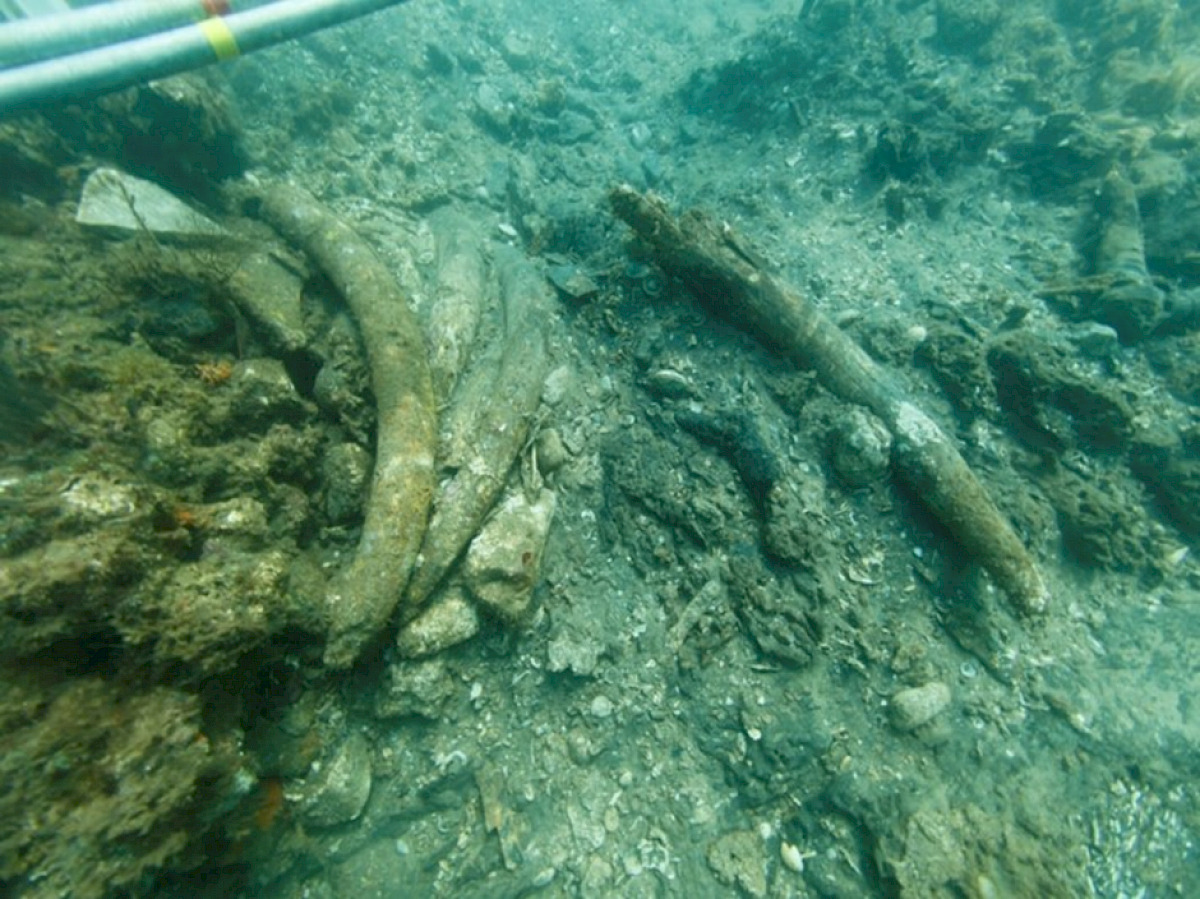Sunken ship may hold secrets of Vasco da Gama’s last voyage, archaeologists say
Ship may hold ‘significant historical and symbolic value’, scientists say
Your support helps us to tell the story
From reproductive rights to climate change to Big Tech, The Independent is on the ground when the story is developing. Whether it's investigating the financials of Elon Musk's pro-Trump PAC or producing our latest documentary, 'The A Word', which shines a light on the American women fighting for reproductive rights, we know how important it is to parse out the facts from the messaging.
At such a critical moment in US history, we need reporters on the ground. Your donation allows us to keep sending journalists to speak to both sides of the story.
The Independent is trusted by Americans across the entire political spectrum. And unlike many other quality news outlets, we choose not to lock Americans out of our reporting and analysis with paywalls. We believe quality journalism should be available to everyone, paid for by those who can afford it.
Your support makes all the difference.The wreckage of a ship discovered off the coast of Kenya may have been from legendary explorer Vasco da Gama’s final voyage across the Indian Ocean, archaeologists say in a new study.
Researchers say the ship, discovered in 2013 in waters off a Kenyan coastal town, is a Portuguese vessel and may have been Da Gama’s Sao Jorge, which sank in 1524 – the year the famed explorer died in India, likely from malaria.
“The recent discovery of a Portuguese shipwreck in Malindi, Kenya, could be a galleon from Vasco da Gama’s last voyage,” scientists wrote in the latest study, published in the Journal of Maritime Archaeology.
If confirmed to be the wreck of the Sao Jorge, the sunken vessel would be one of the earliest European shipwrecks in the Indian Ocean, the researchers say.

Vasco da Gama, a pioneering explorer, sailed from Europe to the Indian Ocean in 1497, with his ship being the first to go round the Cape of Good Hope at the southern tip of Africa.
Then, starting in 1513, Portugal began building ships for the dual purposes of war and sailing to the Indian and Pacific oceans.
One such ship was built with three or four masts, and was able to be fitted with artillery designed to fend off attacks from any direction.
The design was quickly adopted by other European countries, leading to the evolution of sea travel during the 16th century.
The ship Sao Jorge, captained by Fernando de Monroy, was one such vessel, lost in Malindi around 500 years ago.
Archaeologists hope to conduct further analysis of the newly discovered wreck off Kenya’s coast to confirm its origins. Lying at a shallow depth of just 6 metres underwater off the coast of Kenya, the sunken ship is being protected by the local population, who are part of the community archaeology project.
Timbers from the ship’s hull and frame were unearthed recently in two archaeological trenches dug at the submerged site.
The new study suggests that the wreck could be one of two early Portuguese ships – the other being the Nossa Senhora da Graca, which sank in the region in 1544.
Researchers hope to verify that the ship is the Sao Jorge in part by conducting “a survey of the coral reefs that stretch north from Malindi to Ras Ngomeni, Kenya – a distance of about 15 miles (25km)”.
If confirmed, researchers say the ship may hold “a significant historical and symbolic value as physical testimony to the presence of Vasco da Gama’s third armada in Kenyan waters”.

Join our commenting forum
Join thought-provoking conversations, follow other Independent readers and see their replies
Comments